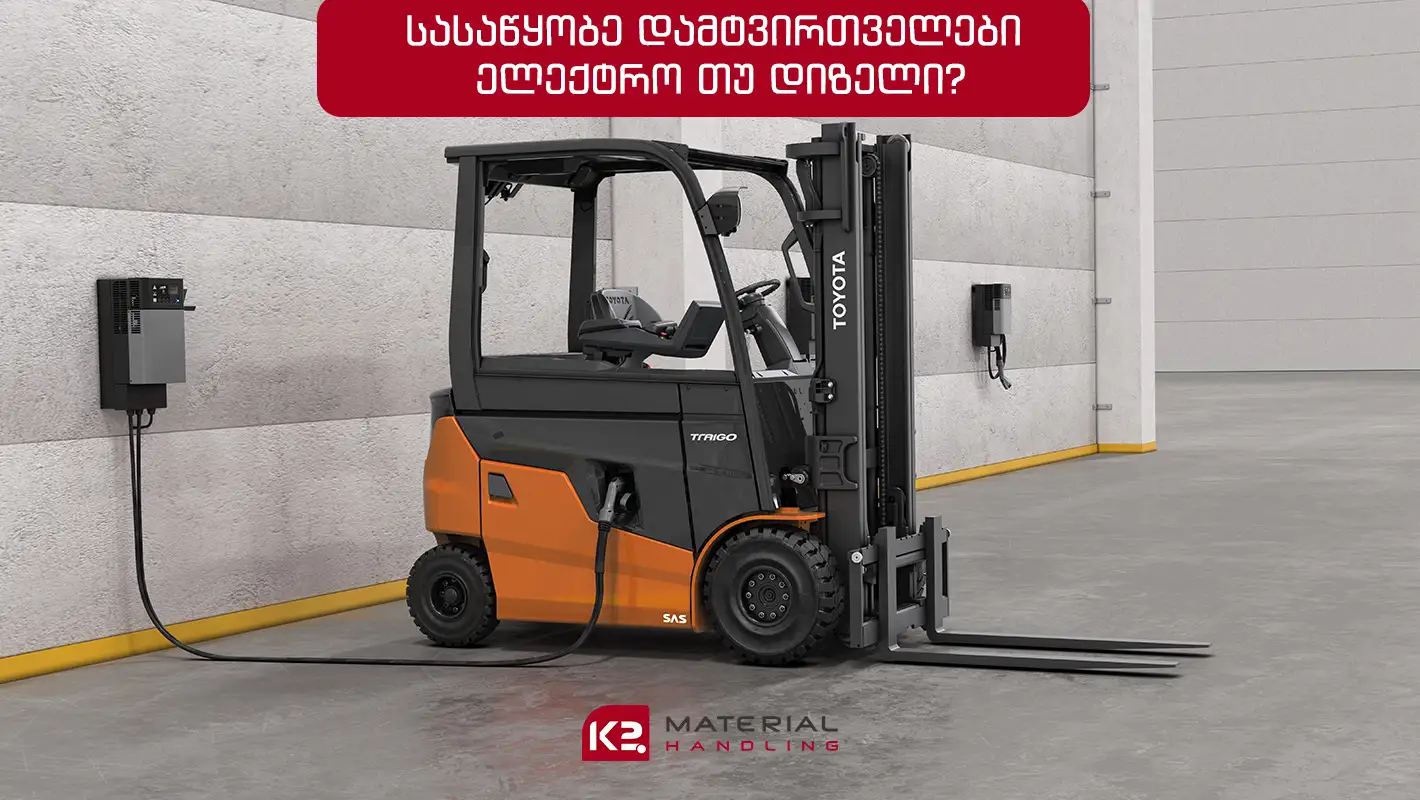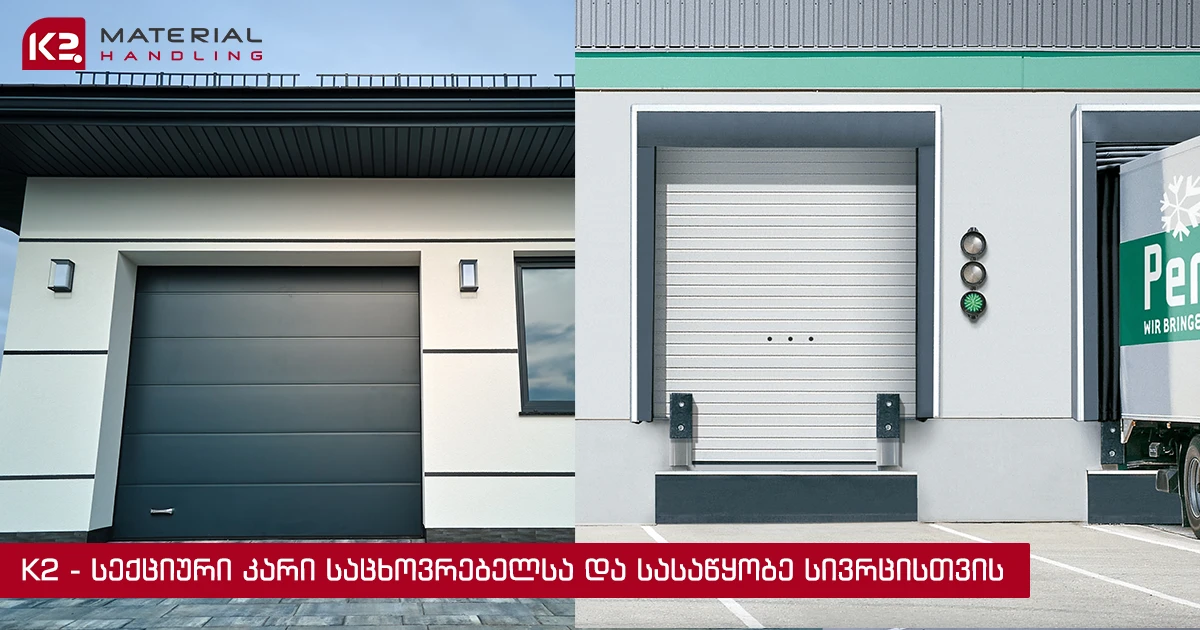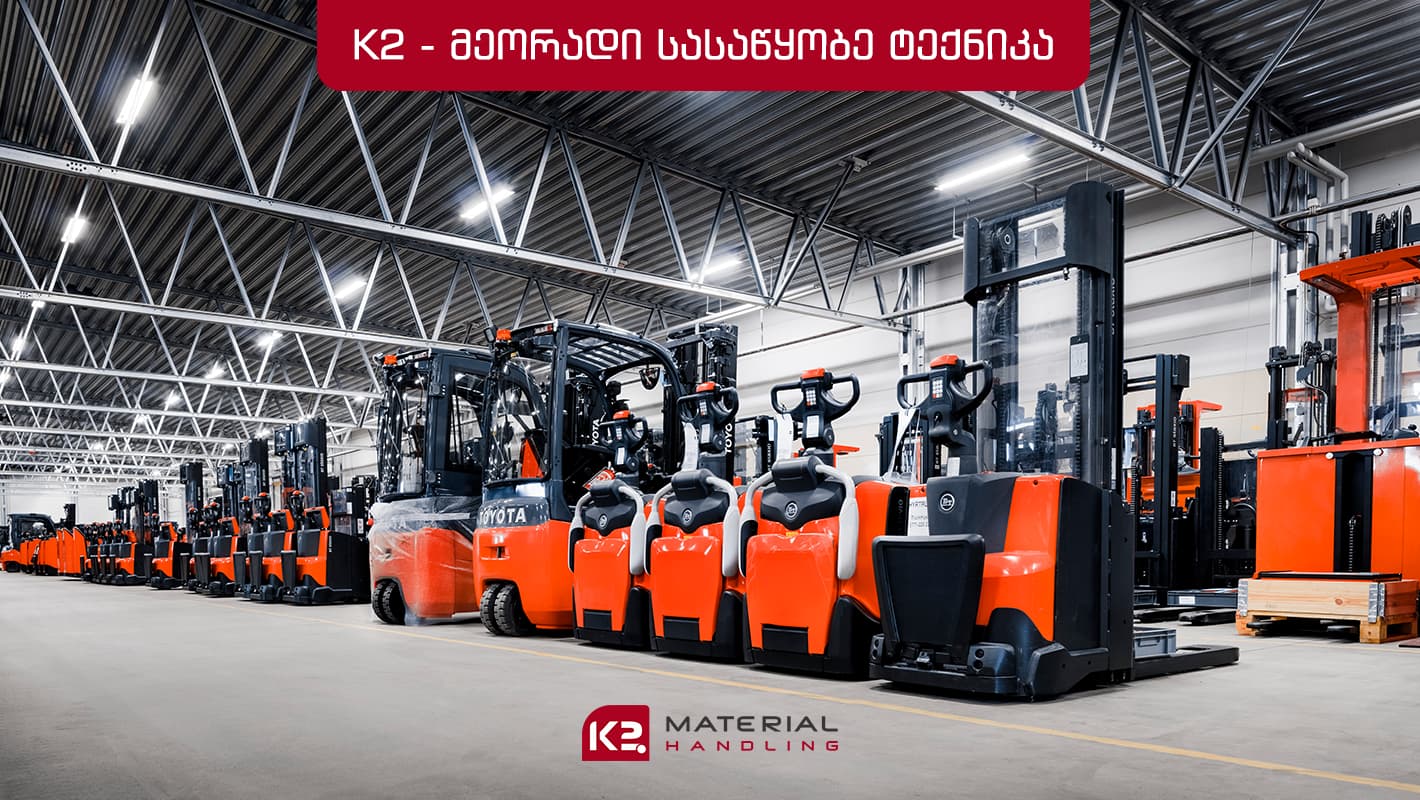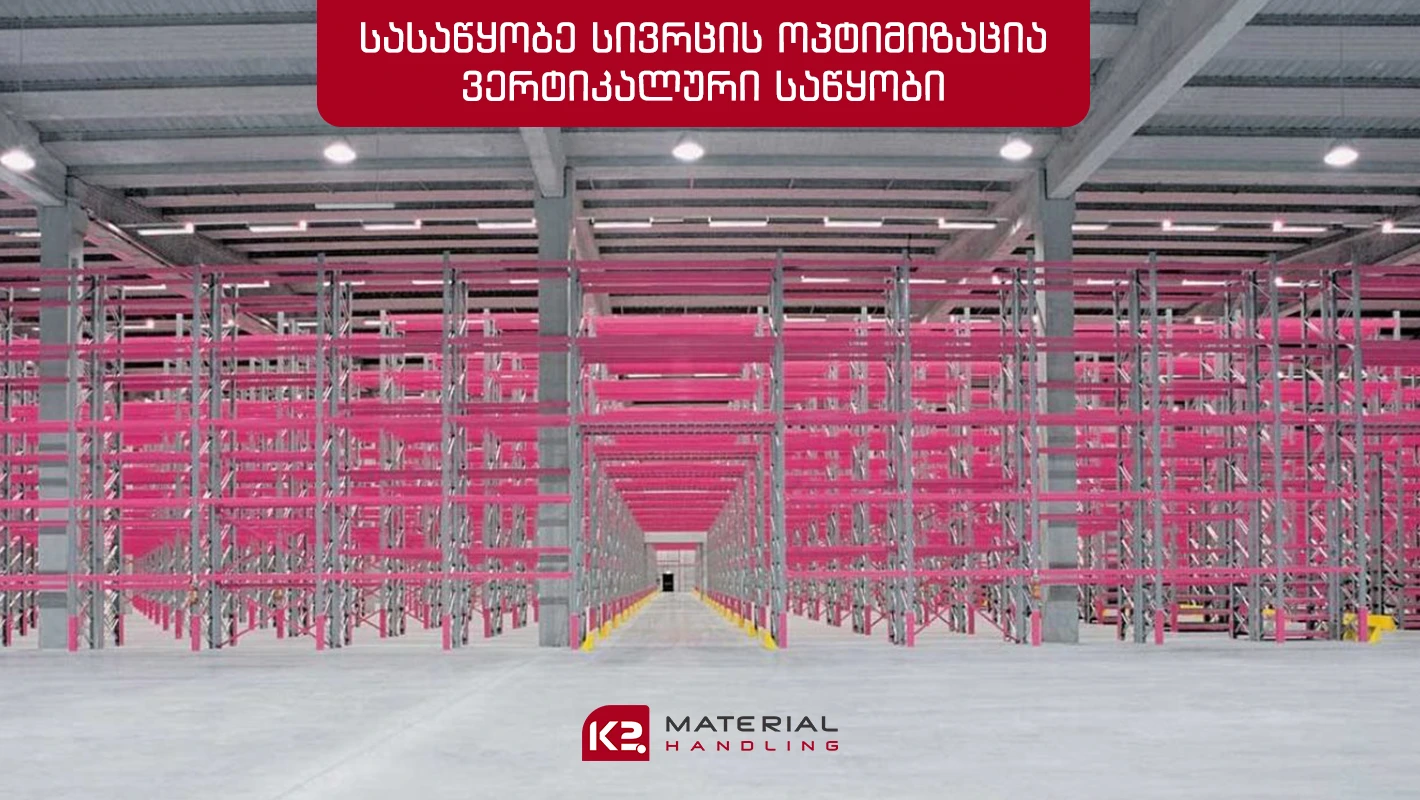
Choosing the right forklift for a warehouse is a critical decision that businesses often face, particularly when weighing the differences between diesel and electric models. This technical choice significantly impacts warehouse productivity, daily operational costs, and the overall work environment.
Therefore, the question "Which one is better?" isn't the right one. The correct approach is to determine which type is a better fit for a specific business's needs, working conditions, and objectives. This blog will explore these key differences and selection criteria.
Power and Application
A forklift's power and performance directly depend on its engine type. The power difference between diesel and electric models is so significant that each is designed for specific tasks.
-
Diesel forklifts get their power from an internal combustion engine, giving them high performance. This makes them ideal for lifting heavy loads, towing trailers, and navigating sloped surfaces like ramps. Due to their high power, diesel forklifts are widely used on construction sites and in heavy industry.
-
Electric forklifts, thanks to their electric motors, generate immediate power upon starting. This provides controlled force and enables precise maneuvering. Operators can easily move between shelves and around obstacles without damaging products.
Work Environment and Operational Processes
After power, the most important factor in choosing between a diesel and an electric forklift is the work environment. This criterion is often the deciding one because each type is designed for a specific space.
-
Diesel forklifts are built for outdoor work. With their robust construction and large pneumatic tires, they operate effectively in challenging conditions, on rough or unpaved surfaces, or in bad weather. However, these same characteristics make them difficult to operate indoors. The exhaust fumes and high noise levels they produce pose a health risk to employees in enclosed spaces and violate safety standards.
-
Electric forklifts, on the other hand, are designed for indoor use. They don't emit harmful substances, which helps maintain clean air in the warehouse and allows employees to perform their duties in a safe environment. Additionally, their compact size allows for easy navigation in tight spaces, and they don't produce excessive noise.
Continuous Operation
From an operational perspective, the main difference lies in the duration of work. It takes only a few minutes to refuel a diesel forklift, after which it's ready to continue working. Because of this, companies with intense workloads used to prefer them.
A standard lead-acid battery for an electric forklift requires 6-8 hours for a full charge, plus a cooling period. This factor previously limited their capabilities. However, modern lithium-ion battery forklifts now exist. They charge in a shorter amount of time and operate for longer periods.
Financial Aspect in the Long Term
When choosing a forklift, the decision shouldn't be based solely on the initial purchase price. To get a complete financial picture, it's essential to consider both one-time and long-term costs.
-
The initial cost of a diesel forklift is lower than its electric counterpart. The price of an electric model is primarily driven up by the cost of the battery and charging equipment.
-
The electricity needed to power an electric forklift is much cheaper and, more importantly, more stable in price compared to diesel fuel. The constant fluctuation in the cost of diesel makes budget planning difficult.
-
The difference in maintenance costs is even more significant. An electric forklift lacks an internal combustion engine, a transmission, and a cooling system. As a result, it has far fewer moving parts that can wear out and require repair. This means it doesn't need regular oil and filter changes, and service is required less frequently.
Despite the higher initial price, an electric forklift can be a more profitable investment over the long term, for instance, over a 5-year period. The savings from lower fuel and service costs make it a more advantageous purchase than a diesel model.
4 Key Questions to Ask Before Making a Decision
After considering all of the above, it's time to apply this information to the specific needs and characteristics of your business. To choose the right forklift, all you need to do is answer these four key questions. Your answers will point you toward the best option.
1. Where will the forklift operate? If most of the work is done outdoors, in the open air, on uneven surfaces, a diesel model is the better choice. For enclosed spaces, especially where air quality and low noise are important, an electric forklift is the only option.
2. What type and weight of loads will you be working with? If your production process requires the regular movement of loads heavier than 5.5 tons, a diesel forklift, with its high lifting capacity, will handle the task better. For standard pallets and lighter loads that don't exceed this limit, the power of an electric forklift is more than sufficient.
3. How intensive is the work schedule? For a single-shift work schedule, both types of forklifts are acceptable. However, if your facility operates in a 16 or 24-hour mode, the choice is between a diesel forklift that can be refueled in minutes or an electric model with a lithium-ion battery that can be charged during breaks.
4. What is the financial priority? If the main goal is a low initial investment, a diesel forklift is more affordable. If your priority is long-term cost reduction, then an electric forklift, with its lower operational and service costs, will be a more profitable choice.
If you still find it difficult to make a final decision after answering these questions, remember that we, the experienced team at K2, are here to help you choose the right equipment.
Intralogistics company K2 is the official representative of Toyota in Georgia and offers a full package of services along with high-quality forklifts. Our team, with 8 years of experience in the Georgian market, is ready to provide you with a detailed consultation. We will study the specifics of your business, analyze your operational processes, and help you select the exact Toyota forklift model that will meet your requirements and budget.
However, remember that our partnership doesn't end with the purchase of equipment. K2's certified service center and professional technicians are ready to provide fast and high-quality service in case of any malfunction. Our support team and mobile service groups are available 24/7. Our constant stock of original spare parts allows us to complete repair work in the shortest possible time, thereby reducing downtime and financial losses for your production process.




